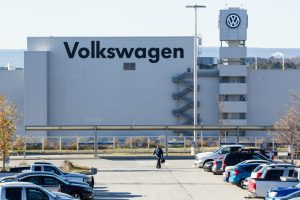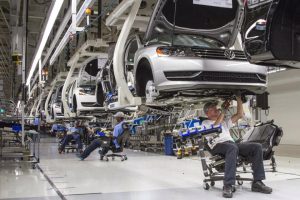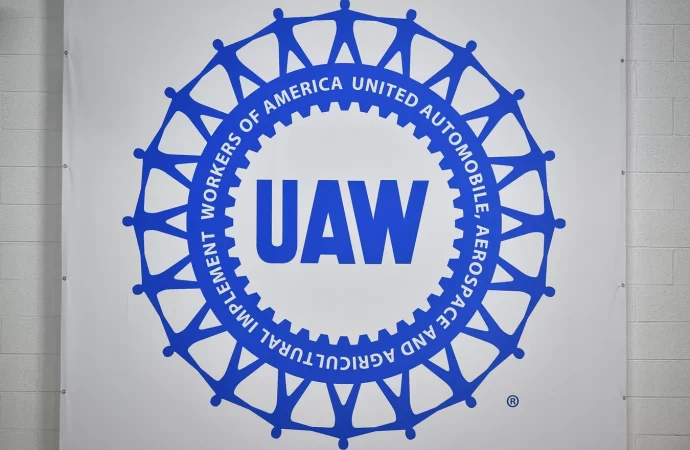Introduction In a groundbreaking development, Volkswagen’s US plant is witnessing a significant shift as the majority of its workers choose to unite under the banner of the United Auto Workers (UAW) union. This move carries substantial implications for the workers, the company, and the broader landscape of labor relations in the automotive industry. To provide
Introduction
In a groundbreaking development, Volkswagen’s US plant is witnessing a significant shift as the majority of its workers choose to unite under the banner of the United Auto Workers (UAW) union. This move carries substantial implications for the workers, the company, and the broader landscape of labor relations in the automotive industry. To provide expert insights into this historic event, we turn to Dr. Susan Johnson, UAW majority support a distinguished labor relations expert.
A Milestone for Workers’ Rights
The decision of the majority of Volkswagen’s US plant workers to join the UAW is a historic moment in the ongoing dialogue about workers’ rights and representation in the United States. Dr. Susan Johnson notes, “This development signifies a growing recognition among workers of the importance of collective bargaining power in securing fair wages, benefits, and UAW majority support working conditions.”
The Journey to Unionization

This image is taken from google.com
Understanding the factors that led to this union victory requires examining the journey taken by the workers and the role played by the UAW. Dr. Johnson explains, “This shift didn’t happen overnight. It reflects a culmination of workers’ concerns, negotiations, and a desire for a more active role in shaping their working conditions.”
Implications for Volkswagen and the Industry
Volkswagen, a company with a global footprint, now faces a transformed labor dynamic at its US plant. Dr. Johnson discusses the potential impacts, stating, “For Volkswagen, this could mean more collaborative decision-making processes and potentially a boost in employee morale. On a broader scale, it could influence how other automakers approach labor relations in the United States.”
The Ripple Effect: Shaping the Future

This image is taken from google.com
The unionization of Volkswagen’s US plant is likely to send ripples across the automotive industry. Dr. Johnson anticipates that “other workers in the industry may be inspired to explore collective bargaining as a means to address their concerns. This could mark a shift in the power dynamics between labor and management.”
Conclusion: A Turning Point for Workers
As the majority of workers at Volkswagen’s US plant rally behind the UAW, the landscape of labor relations in the automotive sector undergoes a profound transformation. This union victory is not just a win for the workers involved; it resonates as a pivotal moment in the ongoing narrative of workers’ rights, emphasizing the enduring importance of collective action in shaping fair and equitable workplaces.
















